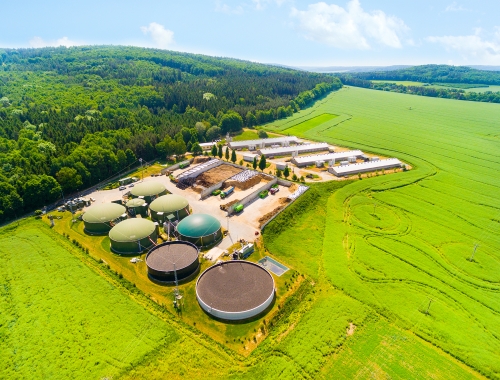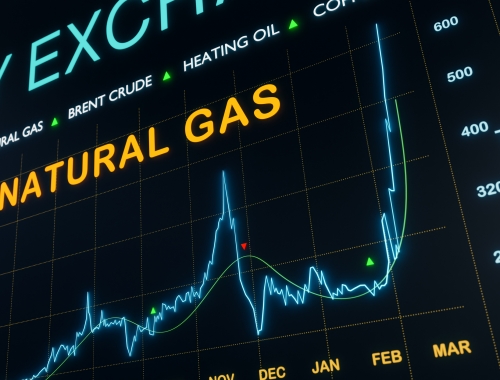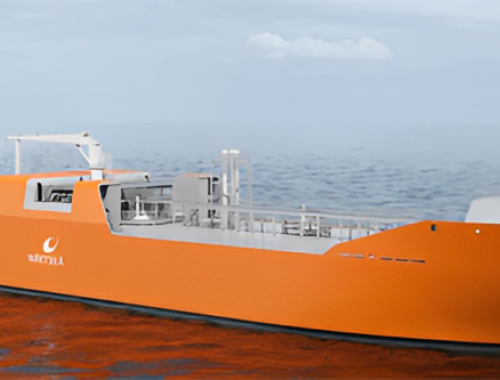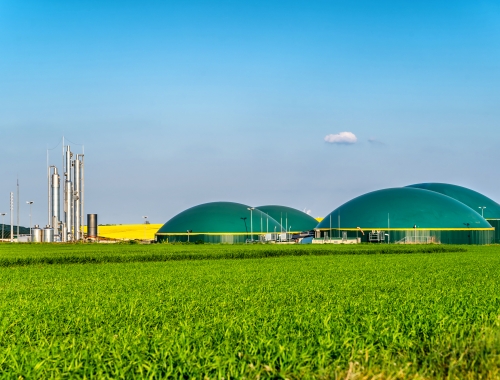Ireland launches RNG certification programme
SUMMARY
Formally launches an EU-compliant point-of-origin and sustainability programme for grid-bound RNG fuels.
By Callum CyrusIreland has launched a renewable gas registry to certify renewable gas (RNG) pumped into its existing distribution grids, public operator Gas Networks Ireland announced August 19.
Certificates stating the origins and content of renewable gas blends, of both biomethane and hydrogen, will be issued by Gas Networks Ireland under a "book-and-claim" front-end system.
It follows the introduction of an EU-wide directive on certifying renewable energies, known as pan European Guarantees of Origin and Certification Schemes.
Point-of-origin certificates have been introduced in several EU states, though Ireland only recently passed the directive into its domestic statute.
These certificates act as a guarantee allowing market participants to track the sustainability of gas blends introduced into distribution grids.
GNI said: "A proof of origin certificate confirms the mass balancing of the renewable gas through the network, from injection to withdrawal. A proof of origin will have proof of sustainability documentation inseparably connected to it."
In addition, Ireland's government has instructed the national utilities regulator, Commission for Regulation of Utilities, to supervise renewable gas certification.
Certificates will be issued for every MWh of RNG that enters the distribution grid. They have already been available on a voluntary basis through EU initiatives since 2020, but will now be mandatory.
GNI expects the move to support Ireland's climate change obligations. David Kelly, director of consumer and business development at Gas Networks Ireland, said: "By providing an objective means of tracking the commercial transactions through the supply chain, Ireland’s renewable gas registry will help establish trust in the market and confidence in the renewable gas sector.”
Ireland's first biomethane batch entered the grid in County Kildare in 2019. A second RNG injection point in County Cork is currently under development.
Biomethane is produced from organic farm waste broken down and gasified using anaerobic ingestion.
By preventing emissions that occur as farm waste is left to rot, anaerobic ingestion points can decarbonise agricultural production chains.
Hydrogen, by contrast, is typically produced by splitting either water - a compound of hydrogen and oxygen - or carbon-containing natural gas into its constituent molecules.
There are significant technical barriers that generally prevent hydrogen injection into standard fossil gas pipelines, with a higher risk of leaks and corrosion.
Gas Networks Ireland is working to ensure blended and 100% hydrogen can be safely transported across Ireland's gas grids. By 2040 GNI also envisages joining the EU's European Hydrogen Backbone, providing access to clean hydrogen from other markets.







